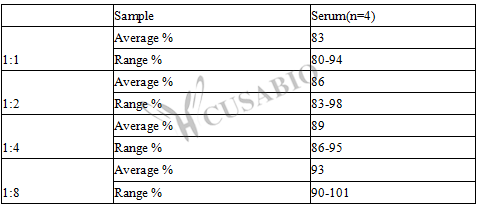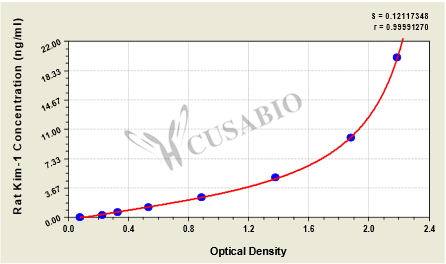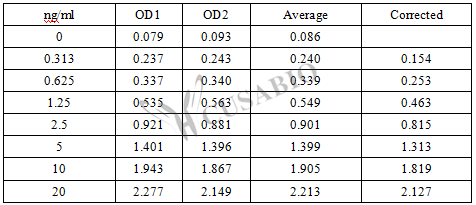CUSABIO's rat KIM-1 ELISA kit is an in vitro enzyme-linked immunosorbent assay for the quantitative determination of KIM-1 concentrations in serum, plasma, and urine. This assay exclusively recognizes rat KIM-1. The quantitative sandwich ELISA technique of this kit is based on KIM-1 antibody-KIM-1 antigen interactions and an HRP colorimetric detection system to detect the levels of KIM-1 in samples. The intensity of the color is positively proportional to the amount of bound KIM-1 in the initial step.
KIM-1 is a phosphatidylserine receptor that mediates the phagocytosis of apoptotic bodies and oxidized lipids. It is involved in HAV infections, autoimmunity, immune tolerance, and atopic diseases. In normal conditions, KIM-1 is expressed at low levels in the kidney and other organs, but its expression is remarkably increased following renal injury, especially after ischemia-reperfusion injury, enabling them to engulf apoptotic and necrotic cells during acute kidney injury (AKI). The urinary KIM-1 level is tightly linked to its tissue level and correspondingly related to kidney tissue damage. KIM-1 is a possible long-term renal outcome predictor in addition to being an early biomarker of AKI.







